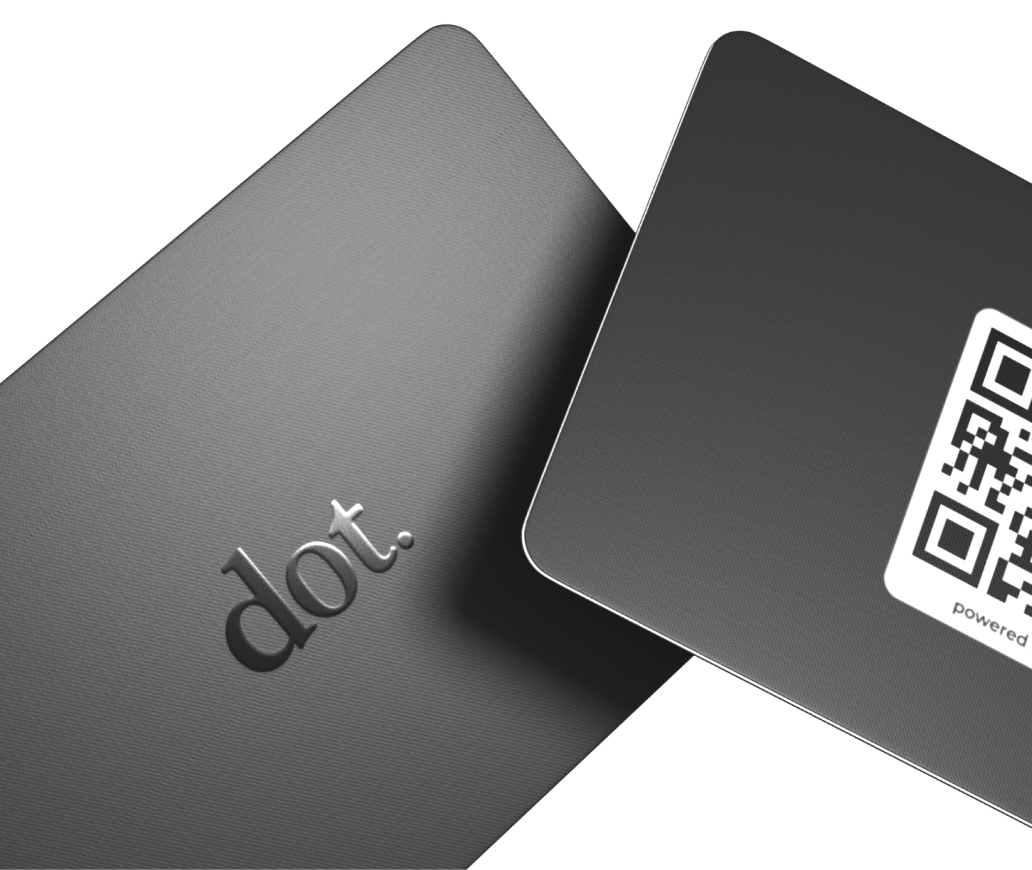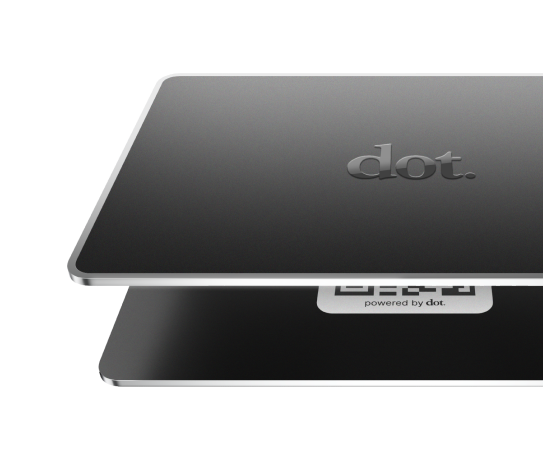As our daily lives have continued to grow and adapt to an everchanging world, the working world has also undergone a significant transformation. Rapid advances in technology, evolving employee expectations, and changing business models are reshaping the corporate landscape in surprising ways. To this end, the future of work will be very different from what we all were once used to. If you feel a shift in your day-to-day working world, you don’t want to skip this article, as we'll explore some of the most significant trends and changes that are shaping the corporate landscape.
Let’s dive in!
Remote Work
The pandemic has accelerated the adoption of remote work. Companies that were once skeptical of remote work now have no choice but to embrace it. In the future, remote work most definitely be reflective of the norm rather than the exception. Employees will expect to have the flexibility to work from anywhere, at any time, as this suits the fluidity of our world today. This trend will have a profound impact on the way companies operate. so much so that they will need to adopt new tools and technologies to enable collaboration and communication across remote teams. Communication platforms such as Slack and Teams come to mind.
Gig Economy
The gig economy is growing rapidly. Freelancers, contractors, and part-time workers are becoming a more significant part of the workforce. This trend is driven by the desire for more flexibility and autonomy. Companies will need to adapt to this trend by creating more project-based work opportunities and developing new compensation models that are tailored to the gig economy.
Artificial Intelligence
Artificial intelligence is already transforming the workplace. As AI has grown in popularity over recent years, and looking ahead towards the future it is almost certain that AI will become even more prevalent, taking on a wide range of tasks. AI will enable companies to automate repetitive tasks, analyze large amounts of data, and make more informed decisions. However, this trend also presents some challenges, such as the need for new skills and the potential for job displacement in the workplace.
Employee Experience
Employee experience is becoming a top priority for companies. Employers are recognizing that employee satisfaction and engagement are critical to business success. The happier an employee is directly correlates to their output and contributions. Companies will need to create a more employee-centric workplace by offering more flexible work arrangements, providing opportunities for career development, and offering personalized benefits packages that speak to the needs and wants of their employees.
Diversity and Inclusion
Diversity and inclusion are increasingly important in the workplace. Companies that prioritize diversity and inclusion are more likely to attract and retain top talent. In the future, companies will need to focus on creating a more diverse and inclusive workplace by addressing unconscious bias, developing more inclusive hiring practices, and promoting diversity and inclusion at all levels of the organization.
Although it is cliché, one cannot help but acknowledge that the future is now. It is undeniable that the working world is changing rapidly, but it simply can’t be overlooked as to just how fast the acceleration is. Companies that want to thrive in this new landscape will need to embrace these trends and adapt to the changing needs of their employees. By creating a more flexible, collaborative, and employee-centric workplace, companies can position themselves for success in the years to come.










































